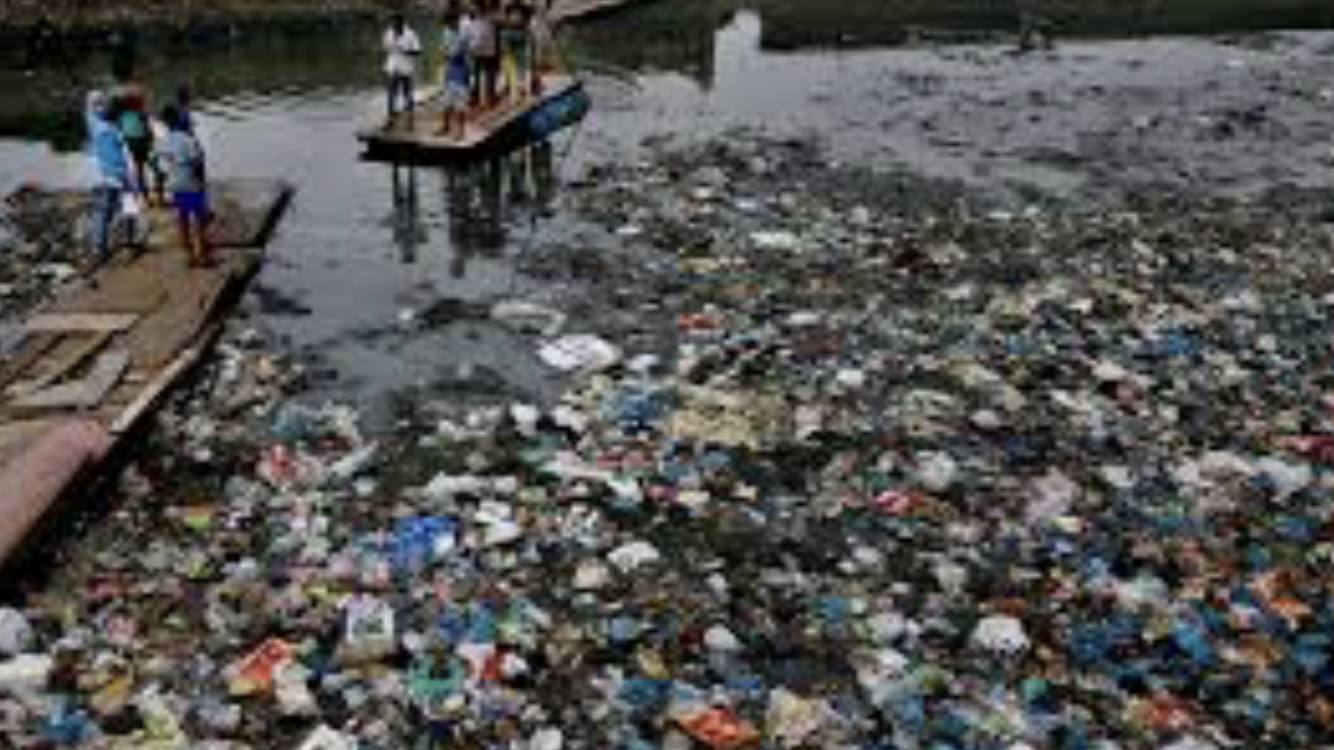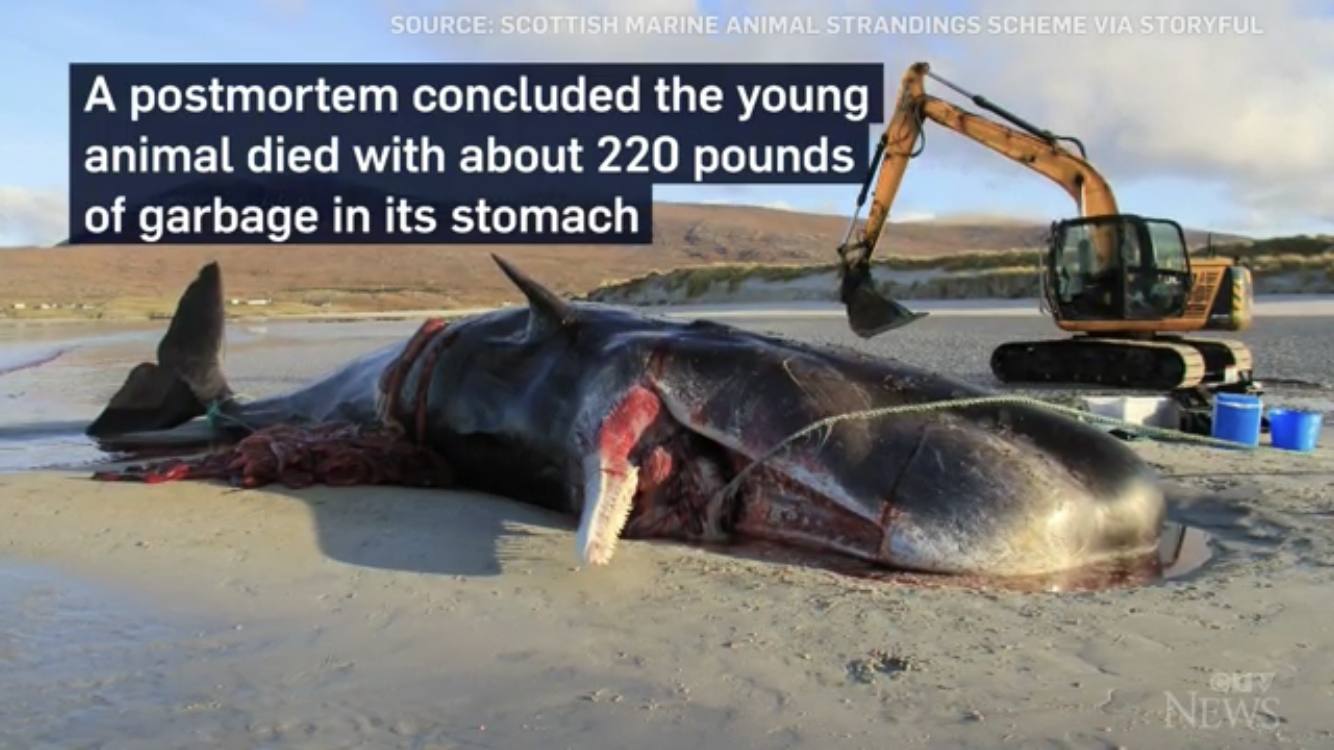In answer to Bucket's perpetual question "what are our farm groups doing?" here is a discussion document by the NFU on the farm and climate crisis. I know this will spur the usual outpouring of hatred and ridicule but i'd challenge you to get past that and actually read the document. It's a hefty read and lots I don't agree with but it contains many valuable discussions and details that we could all reflect upon.
http://www.nfu.ca/wp-content/uploads/2019/12/Tackling-the-Farm-Crisis-and-the-Climate-Crisis-Final-with-covers.pdf http://https://www.nfu.ca/wp-content/uploads/2019/12/Tackling-the-Farm-Crisis-and-the-Climate-Crisis-Final-with-covers.pdf
http://www.nfu.ca/wp-content/uploads/2019/12/Tackling-the-Farm-Crisis-and-the-Climate-Crisis-Final-with-covers.pdf http://https://www.nfu.ca/wp-content/uploads/2019/12/Tackling-the-Farm-Crisis-and-the-Climate-Crisis-Final-with-covers.pdf



Comment